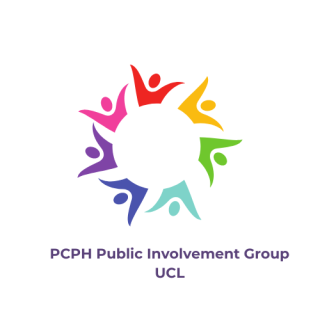PPI is an important element of any research project and funders expect research projects to engage with communities affected by the research.
The benefits of PPI
- Improved research quality and relevance: Patients and the public bring unique perspectives and lived experiences that can help researchers ask better questions, design more relevant studies, and interpret results in meaningful ways. This leads to research that is more likely to address actual needs and lead to real-world benefits.
- Increased trust and public confidence in research: By actively involving patients and the public in the research process, researchers can build trust and show transparency. This can encourage more people to participate in research studies and ultimately improve the overall research landscape.
- Better research ethics and practice: PPI can help ensure that research is conducted ethically and with respect for participants. Patients and the public can provide valuable insights into issues such as informed consent, data privacy, and research burden.
- Enhanced research impact and uptake: When research findings are relevant and resonate with patients and the public, they are more likely to be translated into practice and benefit communities. PPI can help bridge the gap between research and practice and ensure that research findings are not gathering dust on a shelf.
The practicalities
- Meaningful involvement is key: It's crucial to go beyond tokenistic gestures and ensure that patients and the public are genuinely involved in shaping the research at all stages, from setting priorities to disseminating findings.
- Different levels of involvement exist: PPI can range from providing feedback on research proposals to co-designing and leading research projects. Choose the level of involvement that best suits your project and the expertise of the individuals involved.
- Support and training are essential: Researchers need training and support to effectively implement PPI. This includes understanding diverse needs and perspectives, building trust with patient and public partners, and facilitating productive collaboration.
- Resources are available: Numerous resources are available to support researchers in implementing PPI, including toolkits, guidance documents, and training programs.
Additional tips
- Start early: Plan for PPI from the very beginning of your research project to ensure its genuinely integrated into the process.
- Be transparent and honest: Communicate openly and honestly with patient and public partners about the limitations and challenges of research.
- Value and respect expertise: Recognize that patients and the public bring valuable expertise and experience to the table.
- Be flexible and adaptable: Be prepared to adapt your research plans based on the input and feedback from patient and public partners.
Funding for PPI
The department has funding available via the NIHR School for Primary Care Research (SPCR) to support PPI on projects or to support the development of research proposals. We have developed a guidelines document for you and your public contributors about how to get the best out of working together and how to manage your projects.
 how_to_apply_for_pcph_ppie_funding.docx
how_to_apply_for_pcph_ppie_funding.docx guidelines_for_researchers_and_public_contributors_3_11_2023.docx
guidelines_for_researchers_and_public_contributors_3_11_2023.docx
 Close
Close



